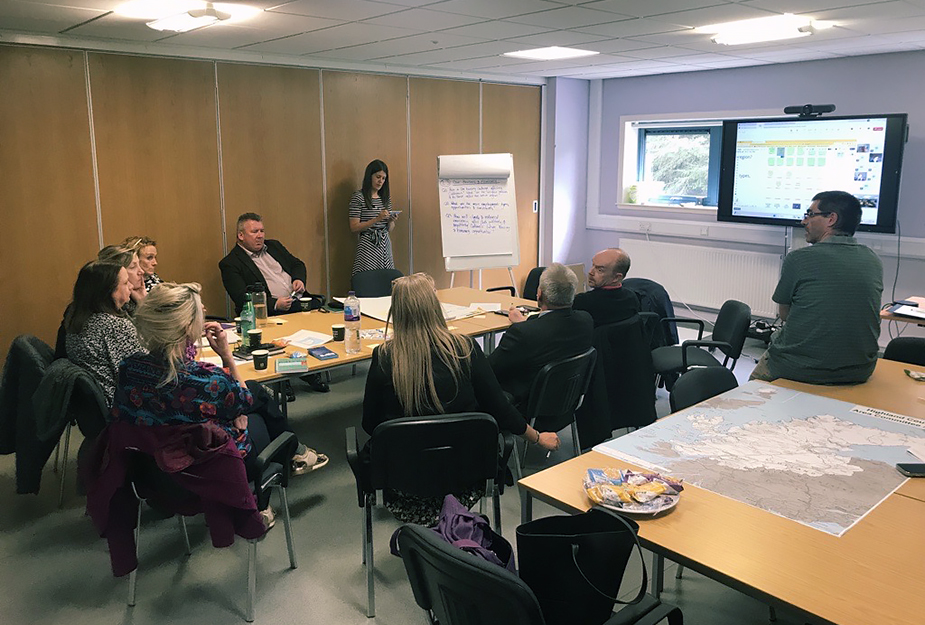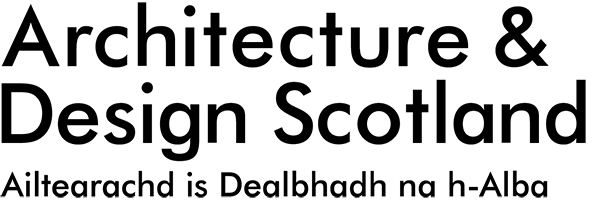Lessons learned from the second Key Agencies Group Shared Learning Event

What can we learn from the pilot offer for future Local Development Plan evidence gathering?
Over 100 people gathered at the second online shared learning event in March to hear from the Key Agencies Group (KAG) and local authorities on the final progress of the Local Development Plan (LDP) offer, marking a pivotal moment in Scotland’s journey to strengthen LDPs.
Advancing collaborative planning
Attendees from local government, key agencies, and DPEA joined the discussions, which built on the first Shared Learning Event in February 2024 and continued to explore place-based, collaborative approaches to planning.
The event was chaired by Katherine Lakeman of KAG and Scottish Environment Protection Agency (SEPA), and hosted by Trevor Moffat of the Improvement Service. It featured contributions from pilot local authorities and key agencies, Historic Environment Scotland, Transport Scotland, and NatureScot, providing an opportunity to share progress, reflect on challenges, and identify future opportunities.
Since the inaugural gathering, pilot authorities – Fife, Midlothian, Highland, and Comhairle nan Eilean Siar – have made notable progress in adopting a collaborative, evidence-based approach to LDPs. These pilots demonstrated how stakeholder collaboration and early engagement can effectively support planning processes tailored to different scales of authorities and local geographies.
Insights from pilot projects
A SWOT analysis, developed by Architecture and Design Scotland, in collaboration with the pilot authorities and key agencies, offered structured insights into strengths and challenges. The event reaffirmed many themes from the first session, highlighting the effectiveness of place-based approaches and the benefits of interdepartmental collaboration.
Authorities cited the long-term value of early relationship-building, data informed decision-making, and early public engagement. Peer learning and team development were also recognised as essential components, alongside acknowledging climate change as an active and lived consideration.
Reflections from local authorities and key agencies
Local authorities shared positive reflections on the process, emphasising the support provided by key agencies, which acted as honest brokers and critical friends. Flexibility in planning, strategies to prevent engagement fatigue, and mutual learning were recurrent themes. Key agencies reported improved communication, a deeper understanding of local issues, and enhanced alignment in policymaking as major benefits of their involvement.
Lessons learned and future directions
Participants agreed on the critical importance of early, continuous stakeholder engagement and the need to adapt approaches based on local needs. Practical strategies for embedding spatial considerations into LDPs were discussed, alongside guidance on utilising digital tools and platforms. Continuous reflection and responsiveness were emphasised as essential for evolving planning practices.
Building momentum for the future
The event concluded by underscoring the importance of sustaining collaboration, institutionalising shared learning, and applying lessons to future planning. The Key Agencies Group Local Development Plan Shared Learning Event was seen as a milestone that further anchors Scotland’s transition towards more inclusive, flexible, and community-driven planning systems.
About the Key Agencies Group
The Key Agencies Group comprises a group of public sector bodies that support and demonstrate new ways of working together to deliver better planning and place outcomes. You can learn more about the Key Agencies Group on the Scottish Government website here.
New templates and information added to place skills for plan-making
Our complete 'Place skills for plan-making' resource is now available on our website. Snapshots five and six focus on how you can collectively analyse local area evidence and produce an evidence report.
